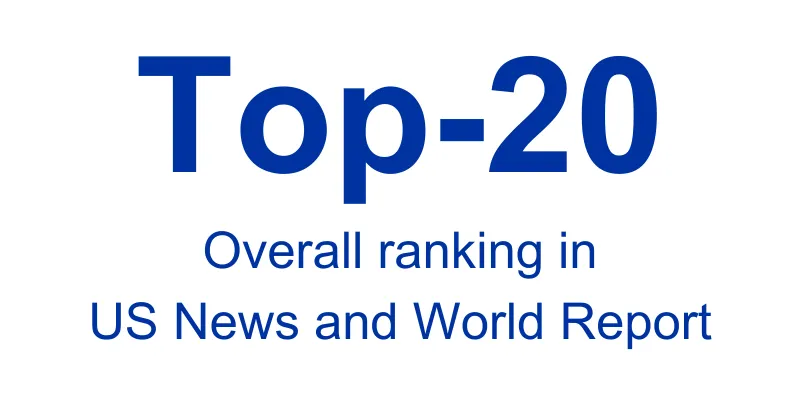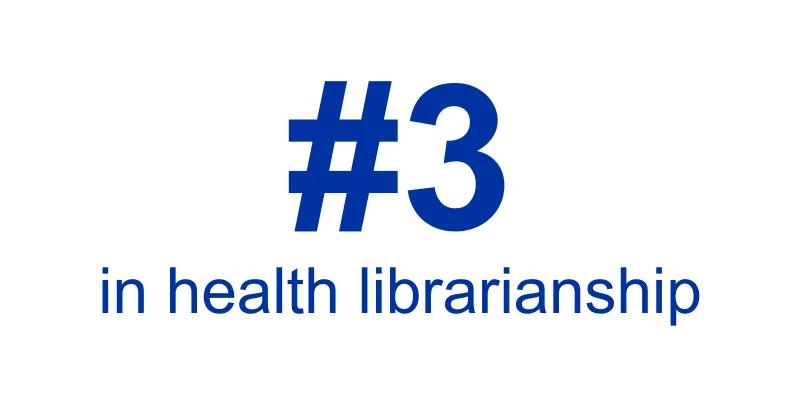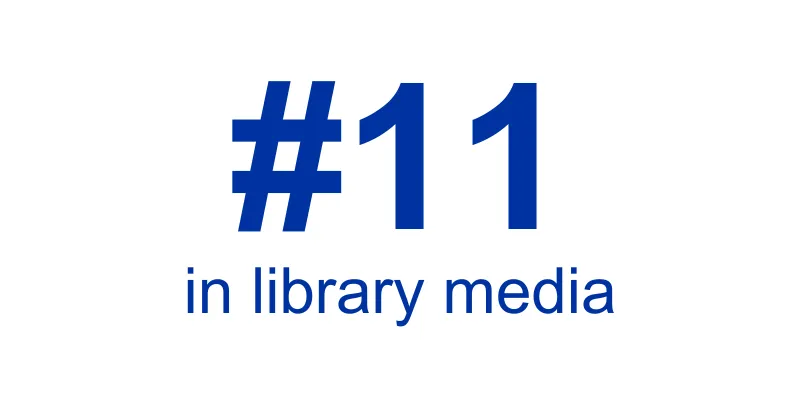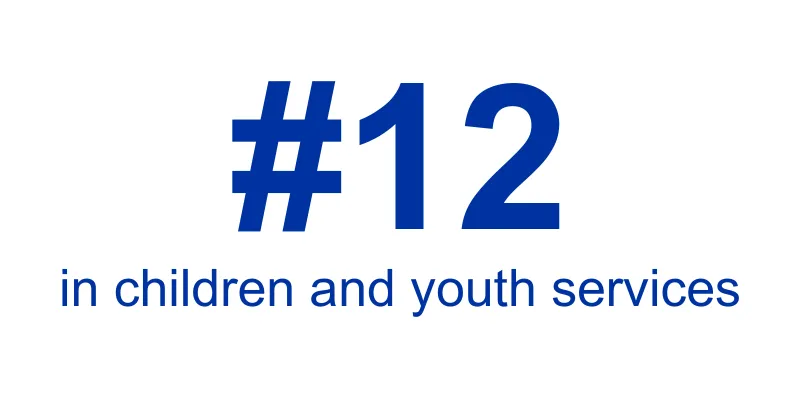Have you considered a career as a librarian or information professional, or perhaps you have been working in a library and are ready to take the next step in your career? At the University of Kentucky’s School of Information Science, we offer courses to help you grow as a public, academic, school or even health sciences librarian. As part of the iSchool for the University of Kentucky, we’re committed to growing the information field.
About LIS
Graduate students in the library science master’s program at UK have the opportunity to earn their degree online and in as little as 36 credit hours. We pride ourselves on offering unique opportunities to our graduate students, including:
- Asynchronous online classes allow students a flexible, individualized schedule, and students may take classes full-time or part-time to meet the degree requirements.
- Lower tuition rates for online learners cut the cost of a graduate degree significantly. Click here for a full breakdown of UK's cost of attendance and click here for specific charges for instruction and related services, excluding other living and personal expenses. For specific questions about payments, please contact Student Account Services.
- Practicum experience is built in as part of the program of study.
- Partner with a national organization or institution to gain experience through the Alternative Spring Break internship program.
- Complete a Graduate Certificate in Instructional Communication or School Librarian Certification as part of your degree.
- Earn a dual degree with information communication technology and share nine hours across the two programs.
We offer several electives in:
- academic libraries
- data science
- health information
- information technology and systems
- instruction communication
- public libraries
- special libraries
- youth services and literature
- archives and cultural heritage
- systems librarianship
- general studies (for students who want to forge a degree plan based on their professional aspirations)
* The school librarian program allows for concurrent school media certification/rank change. More details here.
Vision
- Empowered by information
- Transformed by learning
- Driven by research
Mission (Adopted Spring 2022)
We prepare the next generation of information professionals to be leaders in the field through innovative curriculum, research and professional services. We conduct high quality research that impacts the information fields and aids practitioners.
Program Goals
- To develop further a culture that builds a strong and open community, fosters effective research, and advances our teaching and learning missions.
- To produce competent information professionals who can facilitate the flow of information in a rapidly changing society.
- To recruit, develop, support and retain a talented and promising body of faculty, staff and students.
Instructional Objectives
Upon completion of the master’s program in library science, graduates will be able to:
- Describe how communities and individuals interact with/in information ecosystems.
- Analyze the major tenets of information practice and apply them in multiple contexts.
- Connect various communities and individuals with appropriate resources.
- Explain the dependence of information retrieval on the organization of information.
Careers in LIS
Archivist Archives Technician Metadata Specialist Literary Collections Curator Digital Services Librarian Public Records Specialist | Library Systems Administrator Outreach Librarian Public Librarian School Library Media Specialist Medical Librarian ...and many more. |
According to the Bureau of Labor Statistics, 2023 Median pay for Librarians and Library Media Specialists according to BLS: $64,370 per year. The lowest 10 percent earned less than $38,690, and the highest 10 percent earned more than $101,970.
FAQs
To find out about libraries in your area, consult WorldCat’s Library Locator page. Finding out what types of libraries are in your vicinity will help you get started. Depending on what type of library you wish to work in (types are listed in the results), you may want to contact directors or volunteer coordinators to find out about how you can get involved on your own or via a Practicum (LIS 672).
All required courses (LIS 600, 601, 602 and 603, and an IT elective) are offered each fall and spring semesters, and two of the four core courses are offered on an alternating basis in summer term. Since elective courses are offered on a rotating schedule, students need to pay particular attention to the timing of the courses they need and their related prerequisites when preparing their course plan.
The academic concentration areas here (with the exception of the school librarian program) are suggested courses to take based on your area of interest and are not specialized degree programs themselves, although we encourage students to pursue additional certification(s) in their field of interest should they find it beneficial to do so. The degree you will receive is the Master's of Science in Library Science (MSLS).
Yes. The MSLS program is a fully online program, and students should expect to take classes online. Online students are not expected to come to campus at any point to complete their degree.
No. UK SIS accepts students from across all 50 U.S. states! Courses are offered online. If you are applying to the MSLS program for the endorsement in school library media, one important thing to note about programs is that different states may have different standards for teacher certification and school library media certification. UK's State Authorization and Licensure website has more information about what programs in Kentucky may be accepted elsewhere.
It's important to know how to approach learning in an online degree program. Online classes are not harder nor easier than in-person classes, but they are different due to their asynchronous modality. This means students going into an online master's program should expect to:
- Check into their Canvas class shells routinely each week (we recommend at least once daily) to receive updates and contribute meaningfully to ongoing discussion boards.
- Be good time managers: determine when you have time to work on coursework throughout the week and maintain your own "class time" so you don't fall behind or put off assignments until the last minute.
- Communicate, communicate, communicate: if you are having any trouble, message your peers and/or your instructor right away to ask for help or clarification. Never be afraid to reach out to your instructors or Student Affairs if you need assistance--we have many resources to help you in place, but we need to know your situation to act accordingly on your behalf.
In Canvas (our learning management system where students take their classes), there are a number of helpful tools including a module for new students that walks through all of Canvas' features with videos and step by step instructions. If you need help accessing that module in Canvas or any resources for online students, you can reach out to Student Affairs at infosci@uky.edu.




